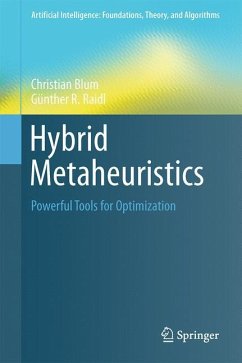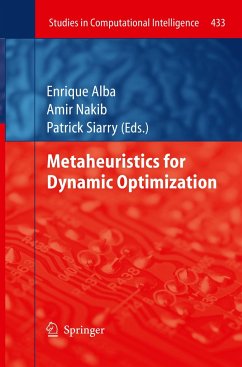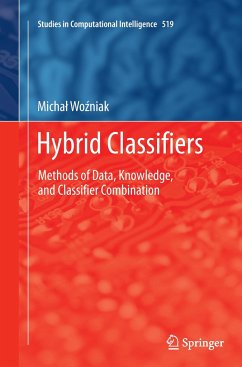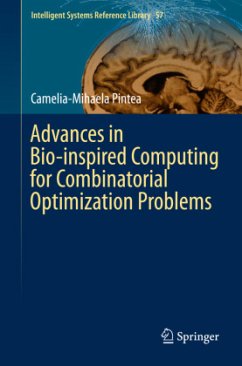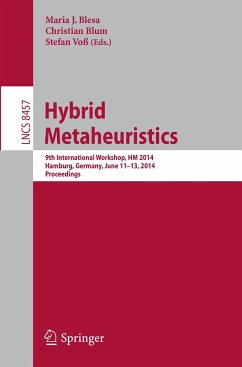
Hybrid Metaheuristics
Versandkostenfrei!
Versandfertig in 6-10 Tagen
151,99 €
inkl. MwSt.

PAYBACK Punkte
76 °P sammeln!
The main goal of this book is to provide a state of the art of hybrid metaheuristics. The book provides a complete background that enables readers to design and implement hybrid metaheuristics to solve complex optimization problems (continuous/discrete, mono-objective/multi-objective, optimization under uncertainty) in a diverse range of application domains. Readers learn to solve large scale problems quickly and efficiently combining metaheuristics with complementary metaheuristics, mathematical programming, constraint programming and machine learning. Numerous real-world examples of problems...
The main goal of this book is to provide a state of the art of hybrid metaheuristics. The book provides a complete background that enables readers to design and implement hybrid metaheuristics to solve complex optimization problems (continuous/discrete, mono-objective/multi-objective, optimization under uncertainty) in a diverse range of application domains. Readers learn to solve large scale problems quickly and efficiently combining metaheuristics with complementary metaheuristics, mathematical programming, constraint programming and machine learning. Numerous real-world examples of problems and solutions demonstrate how hybrid metaheuristics are applied in such fields as networks, logistics and transportation, bio-medical, engineering design, scheduling.



